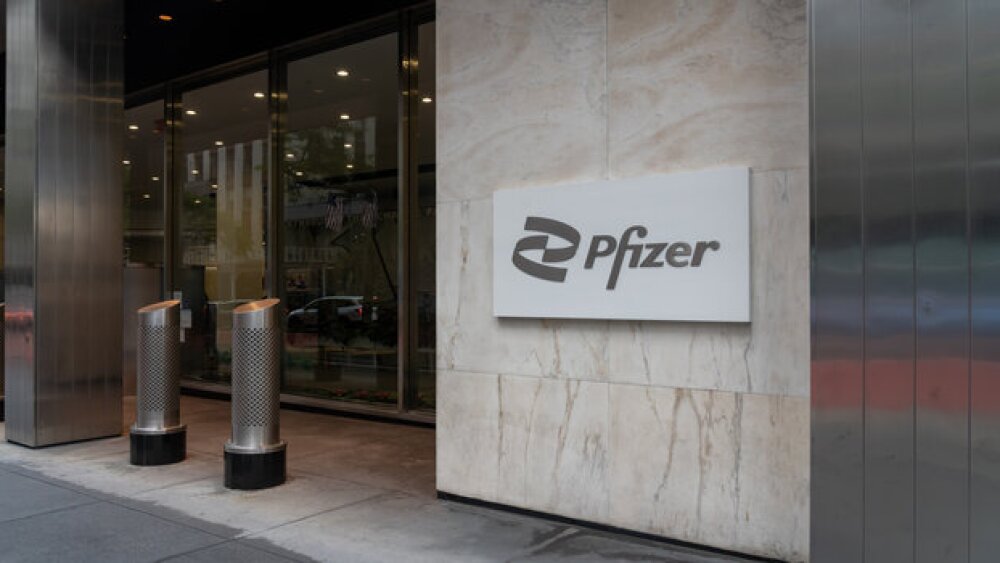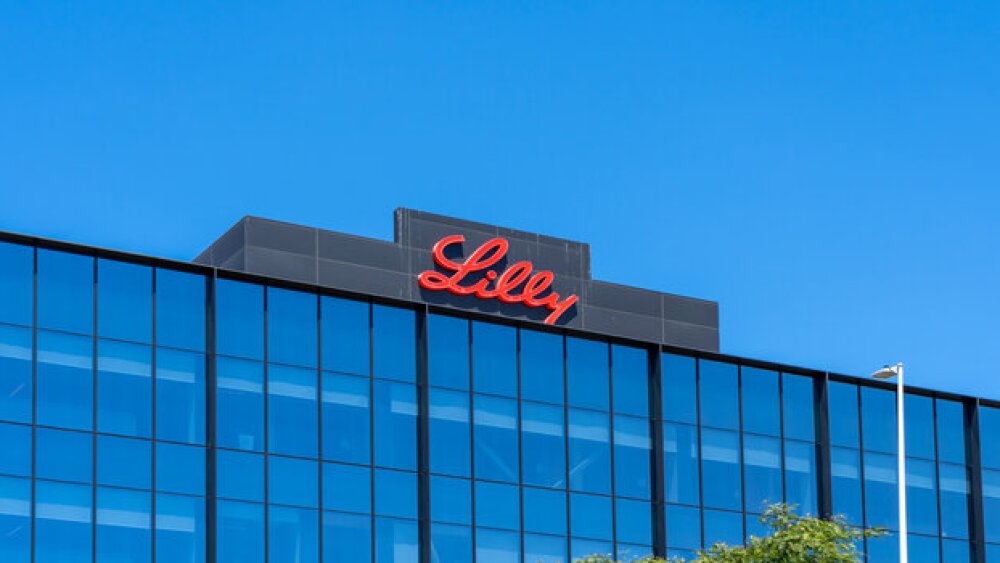An Integrated Drug Development Team from CSC has been an integral part of MDGH’s development program and NDA for moxidectin.
Certara congratulates MDGH on submission of the moxidectin new drug application for the treatment
of river blindness (onchocerciasis), a debilitating tropical disease
PRINCETON, NJ – Dec. 20, 2017 – Certara, the global leader in model-informed drug development and regulatory science, today congratulated Medicines Development for Global Health (MDGH), a not-for-profit global health company, on the submission of its new drug application (NDA) for moxidectin as an oral treatment for river blindness (onchocerciasis). An Integrated Drug Development Team from Certara Strategic Consulting (CSC) has been an integral part of MDGH’s development program and NDA for moxidectin. The NDA is making great progress – the US Food and Drug Administration (FDA) confirmed that moxidectin has qualified for Priority Review on Dec. 16, shortening its review timeline from 10 months to six. Additionally, this will trigger a tropical disease priority review voucher related to moxidectin should the submission be approved.
“Product development relationships are critical for advancing medicines for unmet global health needs – and MDGH has got the model right!” said Craig Rayner, PharmD, MBA, President – d3 Medicine – A Certara Company. “We are delighted to be an integral part of MDGH’s team for the development of moxidectin. This is another significant step towards making this important medicine available to the millions of people afflicted with river blindness, which is a terrible disease, and we are proud to play a pivotal role in this process.“
CSC provided expertise to MDGH’s global virtual development team for moxidectin for river blindness, including membership of the development governance committee, leadership of clinical pharmacology, translational medicine and pharmacometrics (modeling and simulation) and regulatory science and strategy support.
“We have been working with CSC for about two years during which they have become such important and trusted members of our team. Their input in the development strategy for our flagship moxidectin program has been critical to the quality of the NDA for this important potential new medicine. Certara shares our culture – our passion for quality data, transparent communication, scientific excellence, and for making a difference. We also share a passion for contemporary drug development methods including modeling and simulation that are essential to advance new therapeutics to address global health concerns,” said Mark Sullivan, Managing Director of MDGH.
Onchocerciasis is caused by the filarial worm Onchocerca volvulus which is transmitted through the bites of infected black flies. Each adult female worm, which can live for up to 15 years in the human body, produces millions of microfilariae that migrate through the skin, eyes and lymph nodes. Symptoms include severe skin inflammation, intense itching, enlarged lymph nodes and, in some patients, visual impairment that can ultimately lead to blindness.
Onchocerciasis infections occur in tropical climates – 99% of cases occur in 31 countries in sub-Saharan Africa. The World Health Organization (WHO) estimates that at least 25 million people are infected with Onchocerca volvulus worldwide. Of those people, 300,000 are blind and 800,000 have some sort of visual impairment. About 123 million people are at risk of becoming infected with the parasite.
Efforts to control and eliminate onchocerciasis in Africa currently rely on annual community-directed treatment with ivermectin. But modeling has shown that this practice is unlikely to achieve the goal of eliminating onchocerciasis in 80% of endemic countries by 2025. Furthermore, Phase II and III clinical trials have shown that moxidectin is a more efficacious treatment, suppressing skin microfilarial loads for longer.
MDGH secured the rights to develop moxidectin for human use from the World Health Organization’s Special Programme for Research and Training in Tropical Diseases (WHO/TDR) in 2015. A US$10 million investment from the Global Health Investment Fund enabled MDGH to manufacture moxidectin to support registration, conduct an additional human study to complete the clinical data package, and prepare the comprehensive registration application for the FDA for moxidectin for river blindness.
About Medicines Development for Global Health (MDGH)
MDGH is a not-for-profit biopharmaceutical company headquartered in Melbourne, Australia. Established in 2005, this unique organization is dedicated to the development of affordable medicines and vaccines for neglected diseases prevalent in low and middle income countries. The company works on the development of a portfolio of products, including vaccines, small molecules and biological therapies targeting predominantly infectious, immunologic and oncologic diseases. For additional information about MDGH, please visit www.medicinesdevelopment.com.
About WHO Special Programme for Research and Training in Tropical Diseases (WHO/TDR)
WHO/TDR is a global program of scientific collaboration that helps facilitate, support and influence efforts to combat diseases of poverty. It is hosted at the WHO and is sponsored by the United Nations Children’s Fund, the United Nations Development Programme, the World Bank and WHO.
For additional information about WHO/TDR, please visit www.who.int/tdr.
About the Global Health Investment Fund (GHIF)
The GHIF is a $108 million social impact investment fund designed to provide financing to advance the development of drugs, vaccines, diagnostics and other interventions against diseases that disproportionately burden low- and middle-income countries. The GHIF seeks opportunities that have a clear impact on public health in developing countries but also have value in high-income countries.
For additional information about GHIF, please visit www.ghif.com.
About Certara
Certara is a leading decision support technology and consulting organization committed to optimizing drug development and improving health outcomes. Certara’s solutions, which span drug discovery through patient care, use the most scientifically-advanced modeling and simulation technologies and regulatory strategies to increase the probability of regulatory and commercial success. Its clients include hundreds of global biopharmaceutical companies, leading academic institutions, and key regulatory agencies. For more information, visit www.certara.com.




